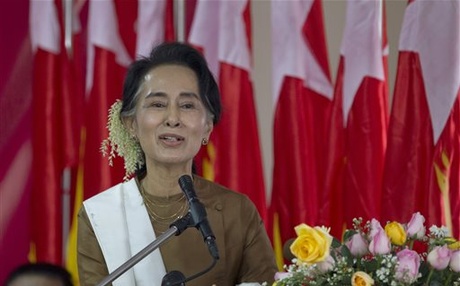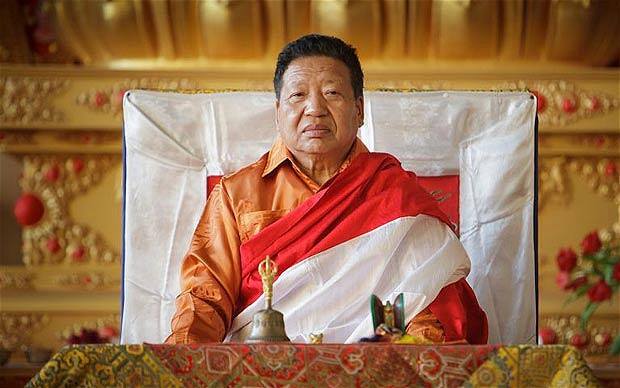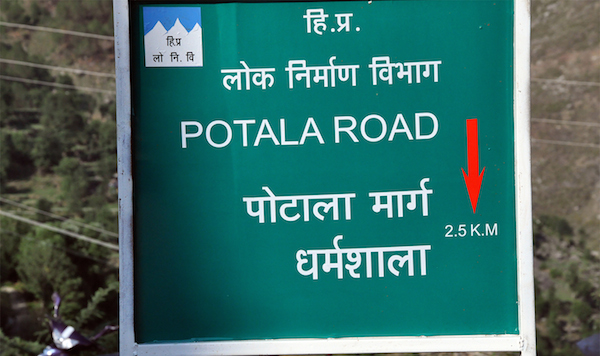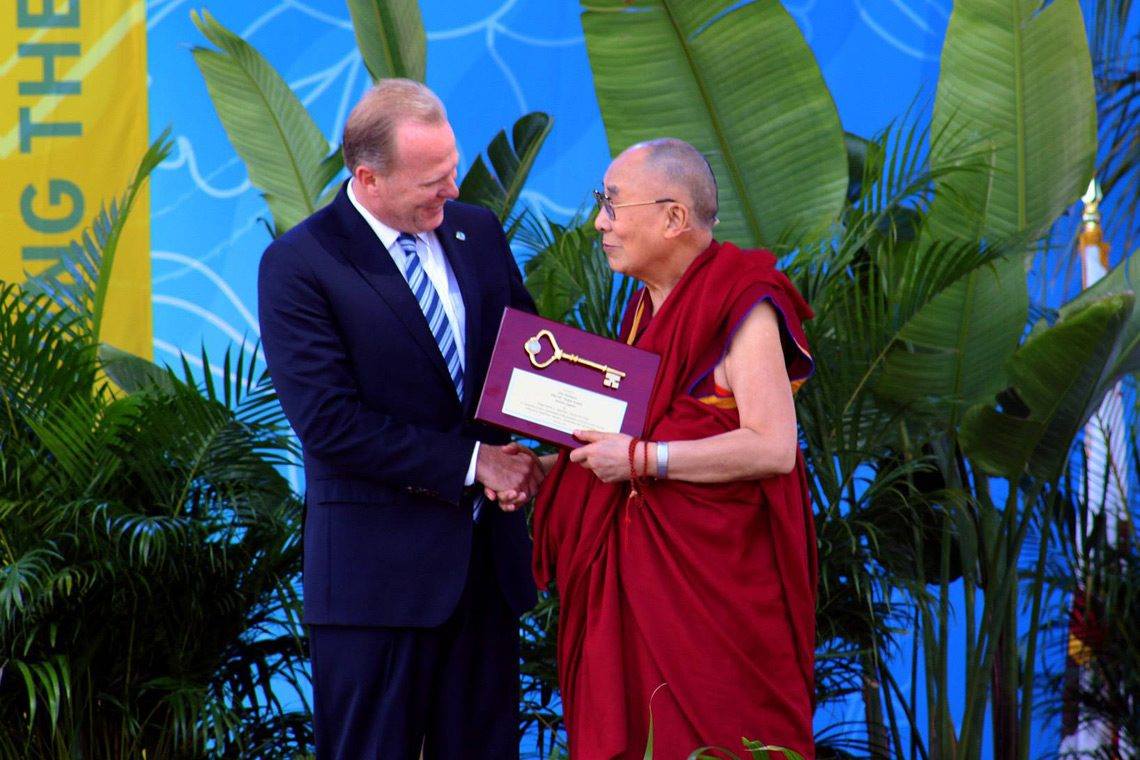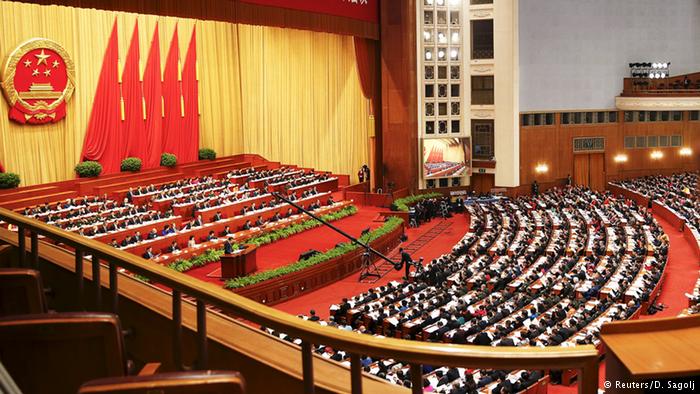Suu Kyi’s Parliament of Prisoners Takes Power in Burma
The Daily Telegraph | February 1, 2016
NAYPYIDAW: Such a scene would have been unthinkable during the dark days of military rule in Burma.
But today (on Monday), a throng of teachers, doctors, farmers, writers and poets – including more than 100 former political prisoners – take their seats in the country’s first freely elected parliament for 55 years.
They will be the representatives of Aung San Suu Kyi’s National League for Democracy (NLD) after her party’s landslide election triumph in November.
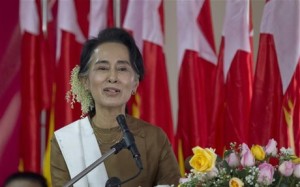
None will symbolise the victory of the pro-democracy forces over the military and its political proxies better than U Tin Thit, a poet and ex-prisoner of the old regime who defeated a former general and minister of defence. “We learnt that the country wanted change and that’s why we are here,” said Mr Tin Thit, 49, smiling broadly.
Only 13 NLD candidates named their profession as politician in November, but 115 of the party’s 390 MPs can list “political prisoner” on their CVs.
They will sit with representatives of the forces that once jailed them – a quarter of MPs are serving military officers appointed by the commander-in-chief – in a grandiose parliament chamber in Naypyidaw, the new capital carved out of paddy fields and jungle by the junta just 10 years ago.
What is still not clear is what Mrs Suu Kyi’s title will be after the new government is formed during the next two months. The military retains control of three ministries, including the ministry of the interior, and its constitutional veto via its appointees in parliament. It has been rumoured that it might waive the constitutional clause that bars her from becoming president in return for other concessions.
But for now, most analysts believe the most likely scenario is that she will name a trusted aide as a “puppet” head of state while she runs the country, in her words, from a position “above the presidency”.
“This is the will of the people and they have elected the government they want, so now it’s time for us to say goodbye to parliament,” said Shwe Mann, the outgoing parliamentary leader and a military veteran.
“The new parliament will be dominated by people who were once political prisoners and that tells you that the people did not like the military government.”
Mr Tin Thit’s election win was perhaps the most striking. He secured a razor-thin majority over Wai Lwin, the former defence minister, in a seat outside the military’s power base of Naypyidaw with a large population of current and retired military personnel.
His political journey began as a student activist during the pro-democracy protests of 1988. He was later sentenced to 21 years in jail for writing about his compatriots’ longing for greater freedom.
But he was freed after seven years in 2005 during a power shift in the military hierarchy.
A fellow new arrival is Tzanne Poe, 50, an ethnic Karen activist for women’s rights, and another of the so-called 1988 Generation, who stayed when others fled to rebel bases on the border or sought safety in Thailand.
“It was very hard to imagine we would ever get to this day,” she said. “We are building on the struggle for which people have risked their lives and liberty since 1988.”

